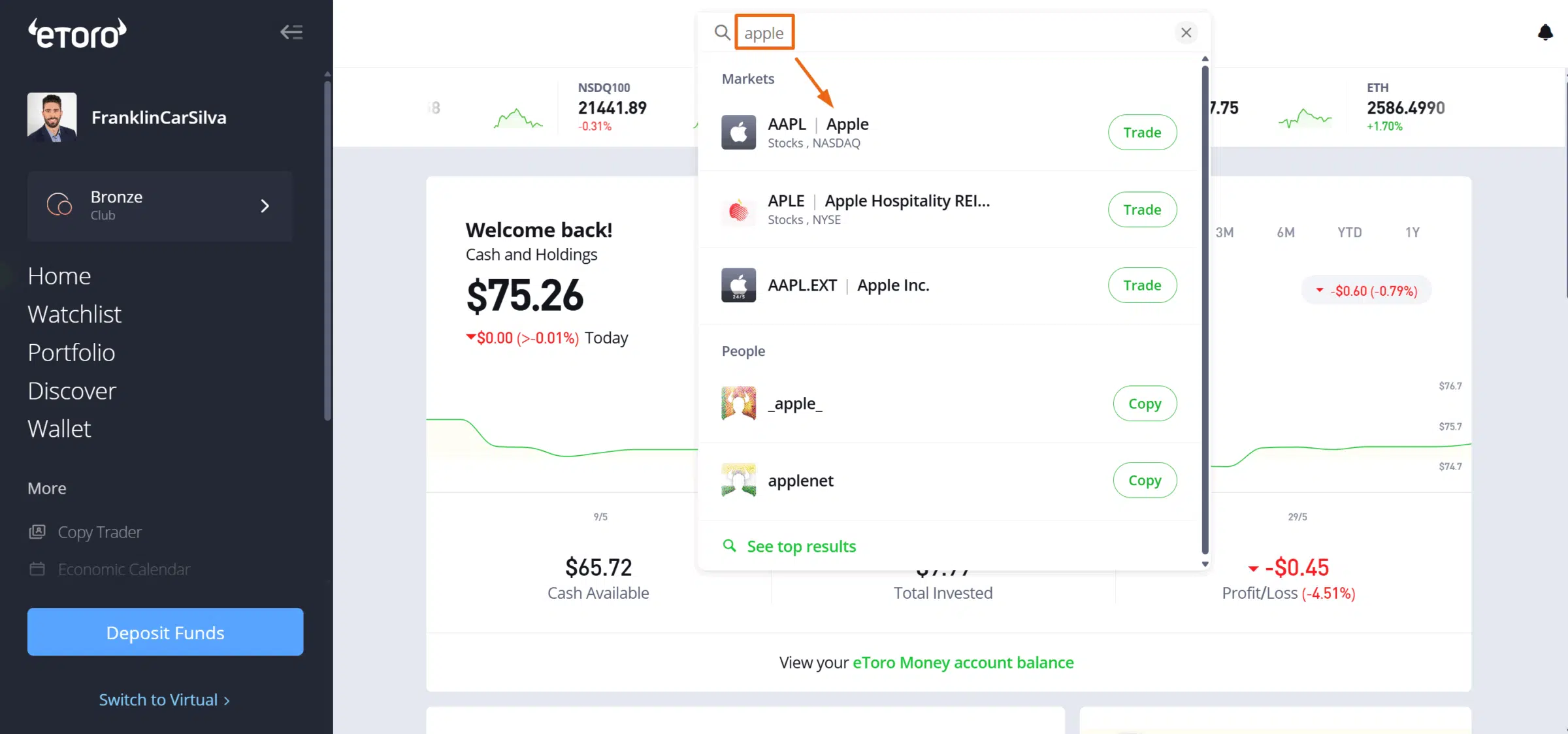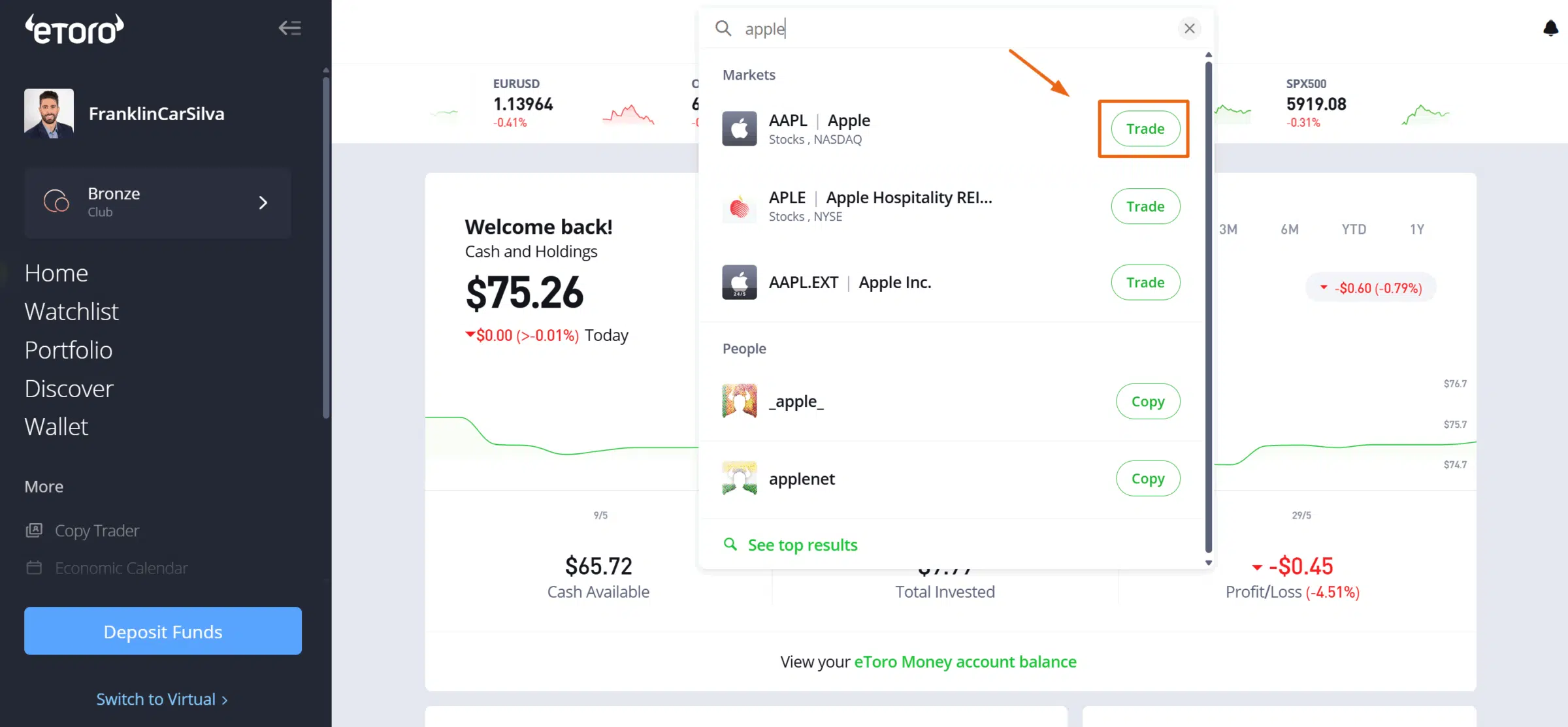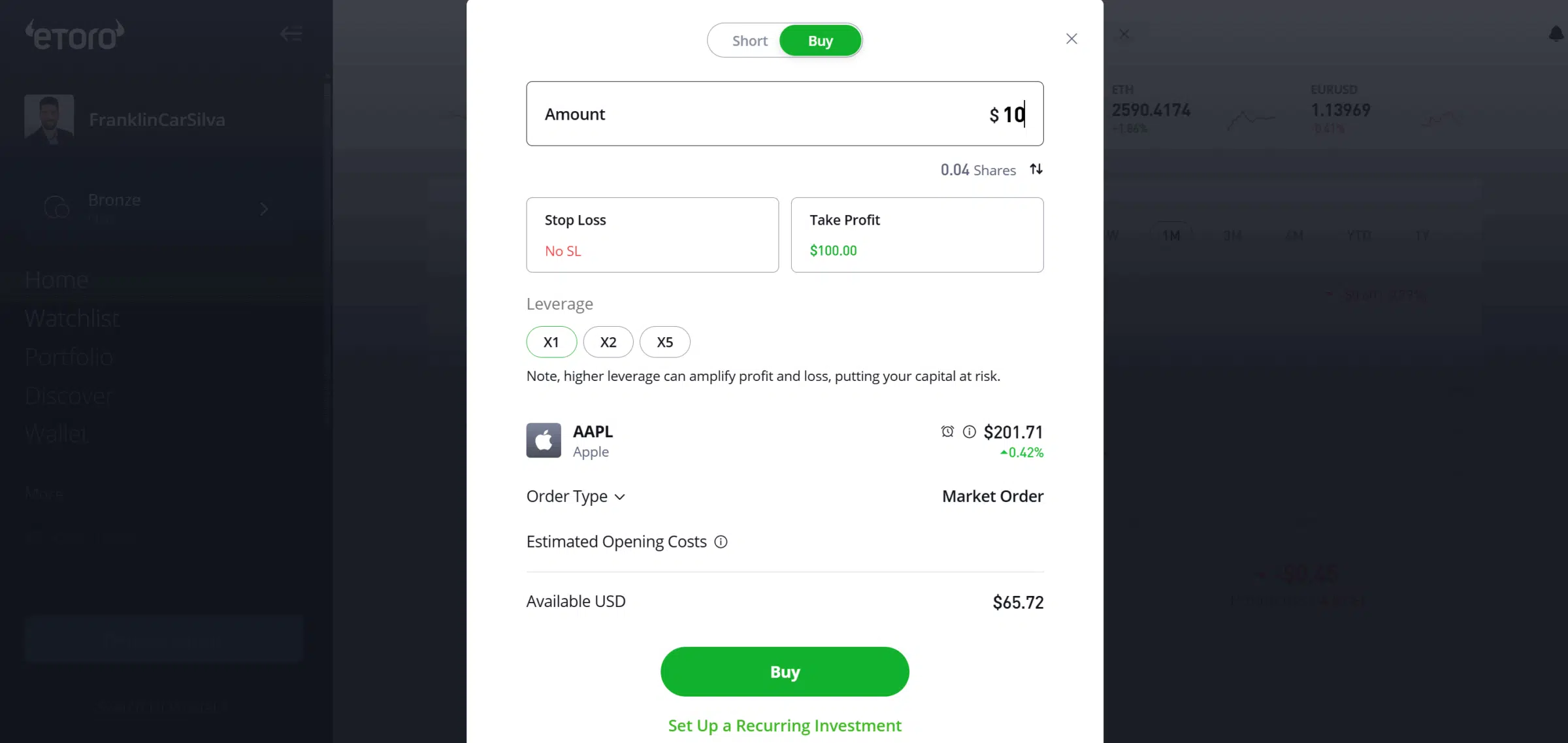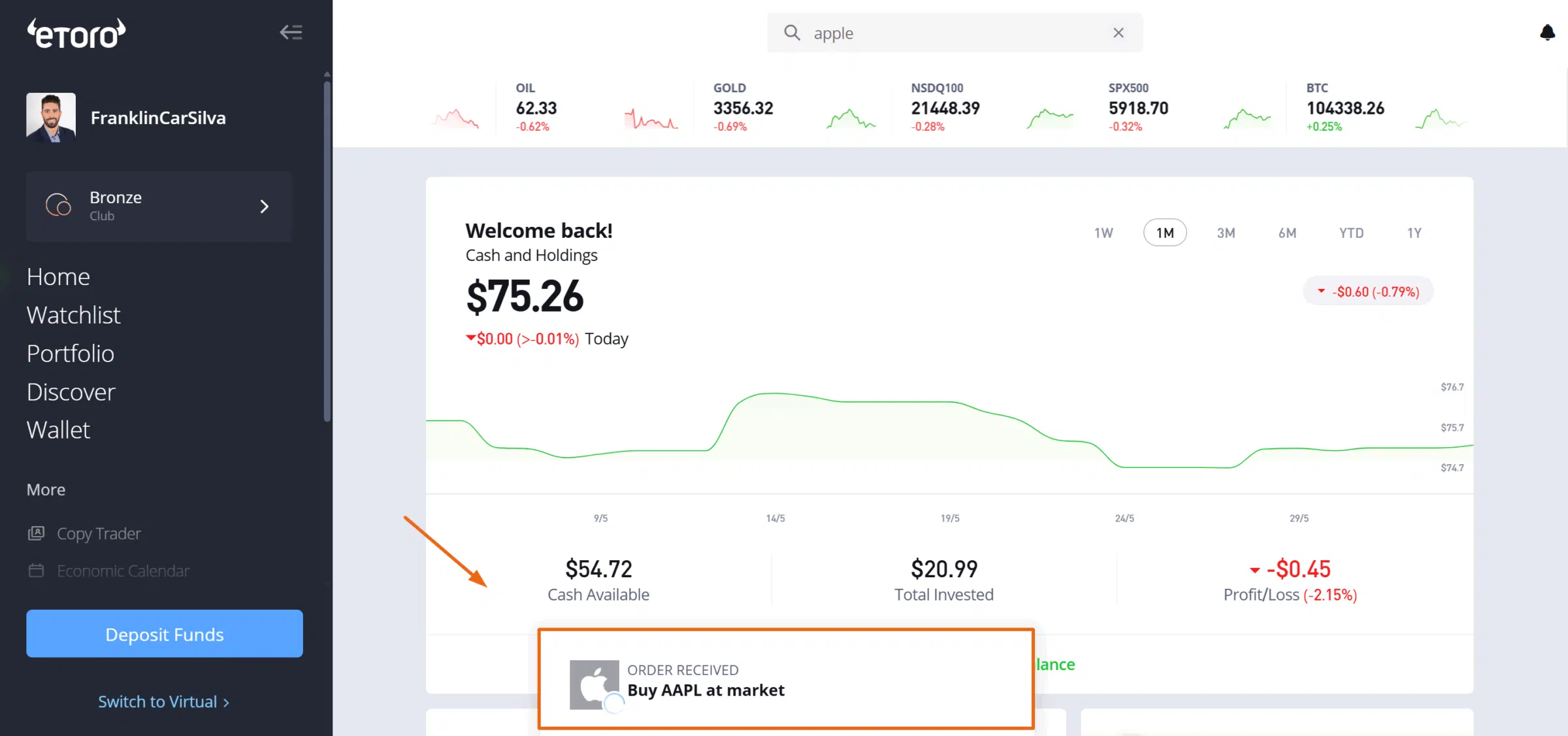Whether you are an Emirati or an expat drawn to the United Arab Emirates (UAE)’s vibrant economy, you may wonder how to best allocate your disposable income. One easily accessible way to build and preserve wealth is through the stock market.
In this article, we’ll delve into ways for UAE residents to pick stocks, how to buy shares on the international markets, gain exposure to the national stock market, tips for choosing a stock broker to buy shares, opportunities for foreigners to gain exposure to UAE shares, and more!
Choose a stock to buy
Since there are tens of thousands of public companies around the world, there is no silver bullet when it comes to choosing a stock to purchase. That said, generally, companies are divided in two ways:
- Value stocks: these companies are usually attractively priced in terms of price-to-earnings or other ratios but face slower growth going forward;
- Growth stocks: these companies offer a high long-term growth rate but are more expensive from a valuation perspective in the near term.
You can favour one type or diversify across value and growth with value companies in your portfolio to meet medium-term goals. In contrast, growth companies should be able to help you achieve your long-term aspirations!
Resources you can use are:
- Stock Screeners: Utilize stock screeners like Finviz to filter and identify potential stocks based on specific criteria;
- Company Reports, Filings, and Presentations: Dive into detailed reports, official filings, and presentations released by companies to gain insights into their financial health and future plans;
- Macroeconomic and Industry Publications: Stay informed about broader economic trends and industry-specific news that could impact the performance of the companies you’re considering.
Additionally, you can leverage screeners provided by trading platforms in the UAE, or explore screeners within trading apps for a more streamlined selection process.
In any case, make sure to consider several companies, evaluate their performance relative to competitors, and try to pick the most attractively priced business!
How to buy shares on the international markets (Step-by-step guide)
1. Choose a good stock broker
Once you have chosen the stock you want to invest in, you need to find a broker where you can make the purchase. Since the UAE boasts a small but affluent population, there are plenty of trading platforms to choose from. Below, we highlight three brokers which are available to residents of the UAE:
| Broker | Stock commission, US | Minimum Deposit | Regulators |
| eToro | $0 | $100 | FCA, CySEC, ASIC |
| Interactive Brokers | $0.0035 per share with a minimum of $0.35 (tiered pricing) | $0 | FINRA, SIPC, SEC, CFTC, IIROC, FCA, CBI, AFSL, SFC, SEBI, MAS, MNB |
| Saxo Bank | Up to 0.08% (min. $1) | $5,000 | ASIC, FSA, FCA, SFC, MAS, FINMA, DFSA |
| Sarwa | 0.25% of the order (min $1) | $500 | DFSA |
Disclaimer: 61% of retail investor accounts lose money when trading CFDs with this provider. You should consider whether you can afford to take the high risk of losing your money.
Interactive Brokers allows opening accounts in UAE dirham (AED).
2. Open and fund your account
Once you have weighed the pros and cons of each broker, you are all set to open an account. The process usually takes a few days as the broker verifies your identity. After the process is finalised, you must deposit money into your account.
3. Place a “Buy Order”
If you have found an online broker that suits your needs, managed to open an investment account, and made the initial deposit, you are all set to buy your stock. All you have to do is find the share within your chosen broker and place a buy order. For this example, we will use eToro:
1 – Search for the chosen stock (we will use Apple, ticker “AAPL”):
2 – Click “Trade”:
3 – Choose the order details. Now, it’s time to choose how to invest:
- Amount: You choose the amount you want to invest in Apple instead of the number of shares. In this way, your investments may be fully or partially in fractional shares.
- Shares: As opposed to “Amount,” here you define the number of shares you want to purchase (note: you can buy using either “Amount” or “Shares,” up to you!)
- Stop Loss: Define the maximum you are willing to lose before closing your position automatically;
- Take profit: Define the profit amount that makes you close your position automatically (if reached)
- Leverage: You can choose the level of leverage. “X1” means no leverage (if it were “X2” or above, you would not be trading real stocks, but CFDs on Apple stock instead). That’s why you see “you are buying the underlying asset.”
- Order type: You can select a “market order” (buys at the best current price) and a “limit order” (buys at a maximum price defined by you)
Only the “Amount” (or “Shares”), “Order Type” and “Leverage” are mandatory fields.
4 – Place the order: click “Buy” and a new window will show up where you can see your order has been received.
We did this when the market was closed. If it was open, the order would be filled instantly, in case you had selected a “market order”).
Disclaimer: 61% of retail investor accounts lose money when trading CFDs with this provider. You should consider whether you can afford to take the high risk of losing your money.
ETFs – an alternative way to gain exposure
ETFs, or exchange-traded funds, allow you to gain exposure to a dozen or even hundreds of companies with a single investment. ETFs can be a good option if you:
- Are unsure which specific stock to choose;
- Want to limit your portfolio volatility (usually, ETFs invest in companies in several sectors affected by vastly different factors, limiting your exposure to idiosyncratic risks);
- Are interested in following a specific theme in your investments (UAE stocks, technology stocks, real estate stocks, etc).
Some ETFs you may want to consider are:
- iShares MSCI UAE ETF (ticker UAE) invests in 37 UAE companies. The ETF distributes dividends, and its benchmark is the MSCI All UAE Capped Index (capped indices are good for diversification since they limit the share of any individual company to a certain amount). The expense ratio is 0.59%;
- MSCI Next Emerging & Frontier ETF (EMFM) is more diversified than the iShares MSCI UAE ETF, investing in 205 companies mainly in Saudi Arabia, Indonesia and Thailand, with a ~6% exposure to the United Arab Emirates. The ETF distributes dividends. The expense ratio is 0.55%.
- SPDR S&P 500 ETF (SPY) is the oldest ETF tracking the S&P500 and has the largest assets under management (AUM) among all ETFs. Its goal is to provide investment results that generally correspond to the price and yield performance of the S&P 500 Index. The expense ratio is 0.0945%. You might also want to consider some alternatives to SPY, such as VOO or VUSA.
You are free to choose from thousands of ETFs investing worldwide. If, for instance, you’re interested in investing in the S&P500, you can check our step by step guide on how to invest in the S&P500 from the UAE.
Buying shares on the Dubai Financial Market
The process of buying shares directly on the local market is very similar to the one outlined above for international securities. The Dubai Financial Market (DFM) is the gateway financial destination for the 7 emirates making up the UAE. All +120 stocks listed on the DFM are available here. An up-to-date list of exchange members can be accessed here.
The main benefit of buying shares on the local market is that you will not incur foreign exchange conversion fees from opening an account in USD, EUR or any other currency. This is because shares on the Dubai Financial Market trade in UAE dirham. If you buy Apple stock, you would have to:
- Sell AED and buy USD to open the trade
- Sell USD and buy AED to close the trade
Thus, you would incur two foreign exchange fees in the process. Since the AED is pegged to the USD at a rate of 1 USD = 3.6725 AED, bid-ask currency spreads are usually tight, reducing currency conversion fees.
The drawback of the local market is that you are limited to the +120 stocks available to trade there, many of which are tightly correlated with the UAE’s economic fortunes. Thus, if you want to diversify your wealth worldwide, the best way is to invest overseas or pick an export-oriented company.
Accessing UAE equities as a foreigner
If you are an investor outside the UAE and want to gain exposure to the country’s vibrant economy, the most straightforward way to buy UAE equities is through an ETF, as highlighted above.
The downside is that country-specific ETFs for small countries such as the UAE usually have a higher expense ratio compared to ETFs for large markets like the United States. Thus, you must carefully evaluate whether the excess return you expect will cover the higher ETF costs!
If you want to buy a specific UAE company, the best way would be to contact one of the local exchange members. The drawback is that you may have to incur foreign exchange fees.
Videos about how to invest from the UAE
Check our in-depth videos where we explain how to invest from the UAE:
Bottom Line
To sum it up, here’s what you need to do:
- Choose a stock to buy. If you want to invest outside the UAE, you need to carefully consider which company or ETF to pick, as there are a myriad of companies to choose from. The local market has +120 listed shares, which is a decent size for a diversified portfolio.
- Find a suitable stock broker: For international markets, you can check our list of the best online brokers in the UAE. For the Dubai Financial Market, get in touch with a local exchange member. In any case, consider the fees and market access of the broker.
- Open an account and deposit money: After deciding which trading platform to use, you must go through the account opening process and deposit money.
- Send a buy order to your broker for the stock you like: That’s the easiest part (the process is intuitive)! After having your brokerage account and the name of the company that you want to buy, you just have to place a trade!
We hope that this post addressed some of your concerns. Make sure to do your research to find the best investing strategy for you!
FAQs
Which brokers in the UAE offer access to stocks & ETFs?
Several brokers in the UAE offer access to stocks and ETFs , including popular platforms like Interactive Brokers, Saxo Bank, eToro, Sarwa, and XTB. We encourage you read our dedicated article on the best trading platforms in the UAE for a comprehensive review.
What is the minimum balance to start trading in the UAE?
The minimum amount required to start Forex trading in the UAE varies depending on the broker. Some brokers offer accounts with no minimum deposit, while others require a certain minimum balance to start trading.
Is TD Ameritrade available in the UAE?
Unfortunately, TD Ameritrade is not yet available in the UAE; however, you can check our top TD Ameritrade alternatives in the UAE for some insights.
Is Charles Schwab available in the UAE?
Unfortunately, Charles Schwab is not yet available in the UAE; however, you can check our top Charles Schwab alternatives in the UAE for some insights.
Can I trade Forex in UAE?
Yes, there are several Forex brokers in the UAE that offer Forex trading. You can check our list of “best Forex brokers in UAE” for further details.








